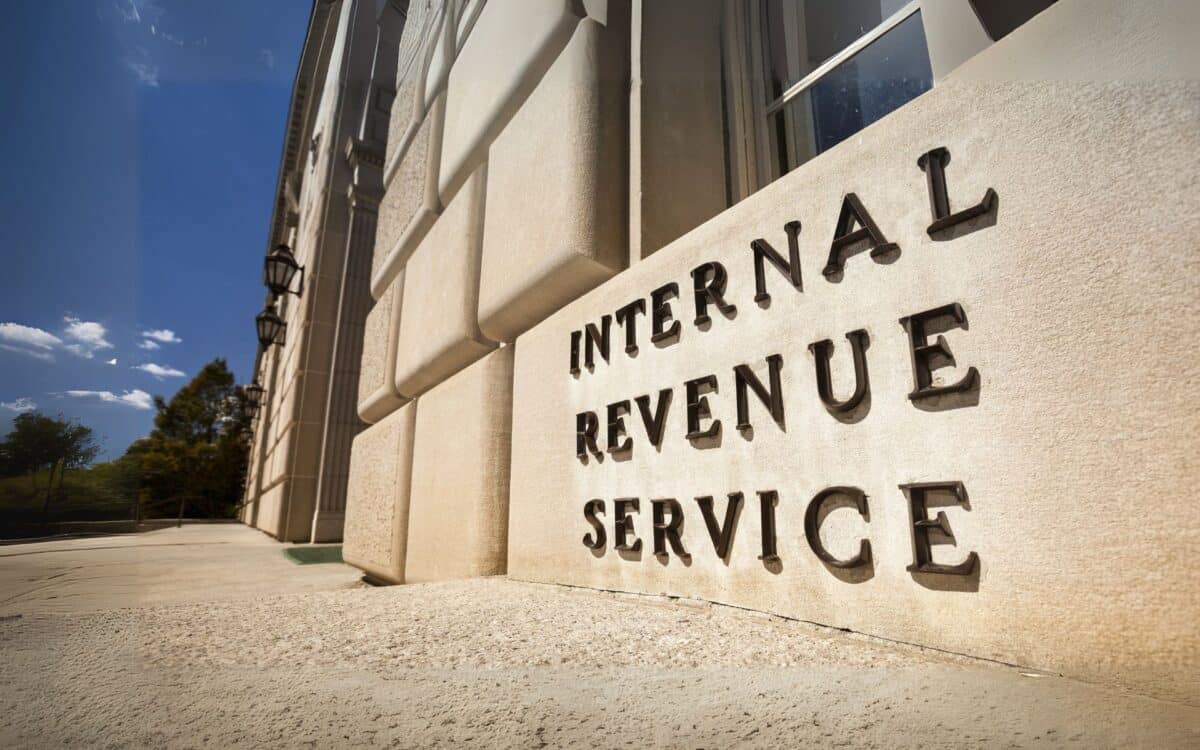A free government tax filing programme, known as IRS Direct File, has garnered attention for its efficiency and ease of use, yet its future remains uncertain.
According to AP News, the programme has become increasingly popular among taxpayers, particularly those who want to avoid costly commercial tax preparation services. Despite the positive reception, there are ongoing debates about its long-term viability.
These discussions have sparked concerns over its cost, legislative approval, and the potential involvement of tech moguls such as Elon Musk in shaping its future.
A Simple and Efficient Solution for Taxpayers
The IRS Direct File programme allows taxpayers to electronically file their taxes directly with the IRS. Introduced as a pilot programme in 2024, it has been expanded to include half of the United States in 2025.
Mia Francis, a 22-year-old barista from Boston, filed her taxes using the programme and appreciated the simplicity it offered.
According to Francis, the process only took 45 minutes, and she is expecting a refund of $530. She noted that by avoiding commercial tax services, she was able to save money, which she plans to use for a trip to Amsterdam. As she put it, “that money will go a long way.”
For many Americans, this programme has been a game-changer, offering a straightforward alternative to often confusing and costly commercial tax preparation options.
With features such as automatic form population, it caters to individuals who are looking for a fast, free, and secure way to file their returns.
Controversy and Concerns About Programme’s Future
Despite its positive reception, IRS Direct File faces opposition from various political and business sectors. Critics argue that the programme is a misuse of taxpayer money, with commercial tax preparation firms such as Intuit calling it a “waste” of resources.
These critics point out that free filing options already exist, though they often come with hidden costs or are difficult to use.
Some Republican lawmakers have also voiced concerns, questioning the legality of the programme, as they believe the IRS did not receive explicit Congressional approval to create Direct File. This has led to increased scrutiny of the programme and calls for its potential elimination.
The Role of Elon Musk and the Department of Government Efficiency
The involvement of Elon Musk and the Department of Government Efficiency (DOGE) has added another layer of uncertainty to the programme’s future. Musk recently posted on social media that he had “deleted” 18F, the government agency responsible for the technological infrastructure behind IRS Direct File.
This has led to confusion about whether the programme would continue, although IRS officials have not confirmed any changes.
Merici Vinton, one of the architects of the Direct File programme within the U.S. Digital Service, praised the initiative as
A great example of how people should interact with the government in the 21st century.
She explained how the system was designed and maintained, saying,
We effectively launched a startup in the IRS. It was built by an in-house product team, in an iterative manner, and we ship updates to the software to improve user experience in real time based on feedback. If we continue to invest in it, both taxpayers and the IRS can benefit.
However, Daniel Werfel, the former IRS Commissioner, emphasised that “the voice of the taxpayers” should be a key consideration when deciding the programme’s future. He reflected on the diversity of taxpayer preferences:
My reflection is that taxpayers are in very different situations and have very different preferences for how they want to file. Those whose preference is to file electronically direct with the IRS for free, it’s a good option to have on the menu. But it should not replace other options.
The Debate Over Costs and Resources
Despite the programme’s successes, opponents argue that IRS Direct File is unnecessary. Derrick Plummer, a spokesperson for Intuit, labelled it
A solution in search of a problem, a waste of taxpayer dollars and a drain on critical IRS resources.
He further argued,
The IRS should focus on its core mission including data privacy and customer service while policymakers in Washington focus on simplifying the tax code.
The IRS is expected to spend between $64 million and $249 million annually on the Direct File programme, according to estimates from the Treasury Inspector General for Tax Administration.
A Divided Opinion
Despite the criticism, many taxpayers still find the programme beneficial. Aquiel Warner, a 31-year-old from Austin, Texas, used Direct File and completed her taxes in just 10 minutes using her phone. She appreciated the programme’s convenience and the fact that it pre-populated her tax forms.
“I don’t want to be a product. I don’t want my information sold when I file my taxes,” she said. “I have to file my taxes, and I don’t want to be put in a situation where, in order to file my taxes, I have to pay to get the help I need because I’m not a professional tax preparer.”
This sentiment is shared by others, particularly younger people who appreciate the speed and simplicity of Direct File. As Mia Francis noted,
“There are a lot of young people like me who are working and figuring out how to file their taxes — this just makes it faster and easier.”









